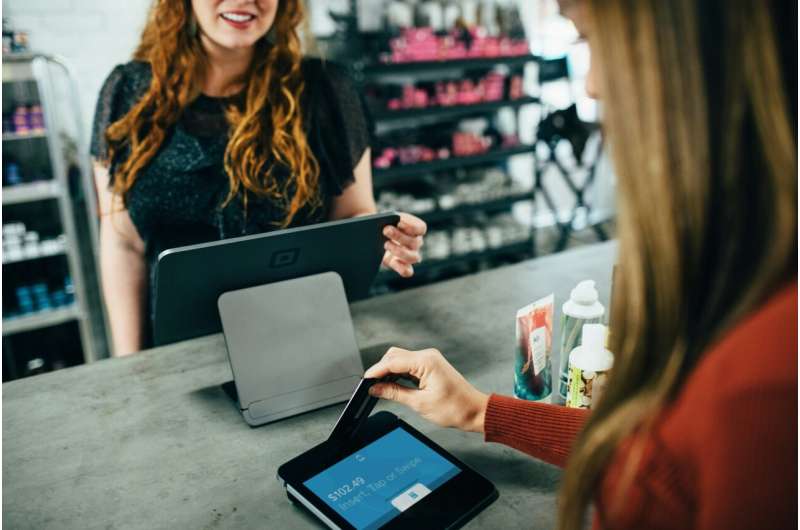Globally, a staggering 1.4 billion individuals remain excluded from the formal financial system, largely due to the rigid requirement of established credit histories by conventional lenders. This significant barrier perpetuates a cycle where access to essential financial services, such as loans and credit cards, remains elusive for a vast segment of the world’s population, hindering economic mobility and personal advancement.
However, pioneering research from the University of Notre Dame offers a transformative solution to this pervasive challenge. The study demonstrates how an innovative application of alternative data, specifically derived from everyday retail transactions, can be leveraged to construct robust and reliable credit scores for those who have historically lacked formal credit records.
A groundbreaking paper titled “Who Benefits from Alternative Data for Credit Scoring? Evidence from Peru,” published in a leading academic journal, illuminates a scalable, data-driven pathway to integrate millions of previously unbanked individuals into the broader credit economy. This work provides a practical framework for expanding financial access on a global scale.
Joonhyuk Yang, assistant professor of marketing at Notre Dame’s Mendoza College of Business, collaborated with co-authors Jung Youn Lee from Rice University and Eric T. Anderson from Northwestern University, to meticulously analyze the predictive power of retail transaction data. Their findings conclusively show that this data can dramatically enhance credit access for consumers with no formal credit history, with credit card approval rates for such applicants soaring from 16% to an impressive 48%.
Yang eloquently describes the traditional lending conundrum as a “classic catch-22”: the necessity of a credit history to secure a loan, yet the prerequisite of a loan to build that very history. The team’s research convincingly proves that analyzing daily shopping behaviors can effectively dismantle this barrier, empowering lenders to extend credit with greater confidence to deserving individuals.
This recent study builds upon the team’s prior “grocery data” research, which revealed a compelling correlation between consumer purchasing habits and credit card default risk. It was observed that patterns such as buying unhealthy products indicated higher default risk, while consistent purchases of ingredients for home-cooked meals suggested greater financial responsibility and a higher likelihood of timely payments. The new research expands this scope to include applicants entirely absent from traditional credit scoring systems.
By integrating retail transaction data with standard information sources, including utility bill payment histories and national credit registry records, the researchers developed comprehensive alternative credit scores. This holistic approach facilitated increased approval rates for individuals with no prior credit history, while maintaining consistent approval rates for those with established credit, demonstrating a targeted impact on financial inclusion without elevating risk.
The profound implication of this work is clear: while retail data has minimal influence on individuals who already possess credit scores, it represents an absolute “game-changer” for the unbanked. As policymakers and fintech innovators worldwide race to bridge the credit access gap, the strategic utilization of retail data emerges as a vital bridge, offering lenders a more complete financial picture and granting countless borrowers a much-needed fair opportunity to participate in the credit economy.






Leave a Reply